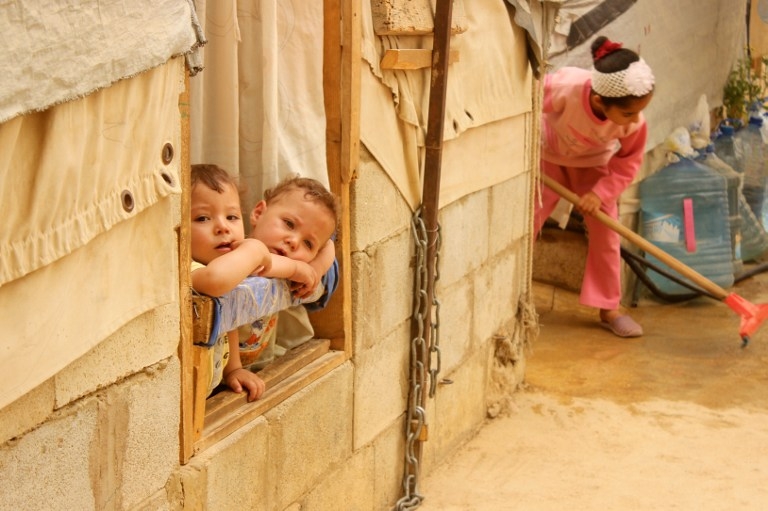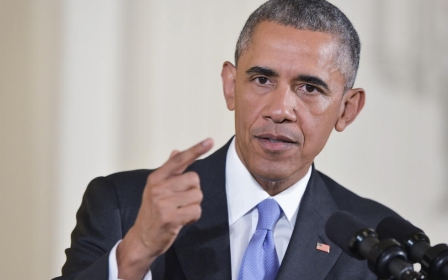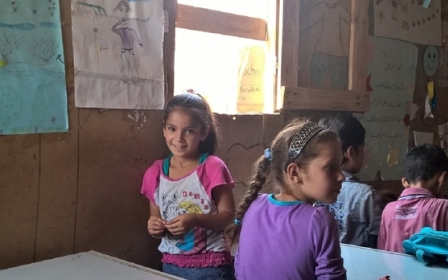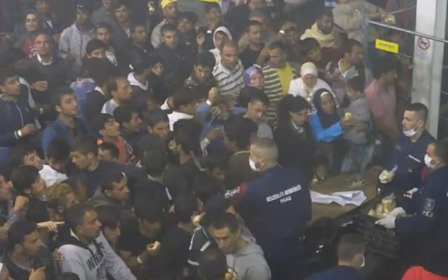Refugees in Jordan, Lebanon say returning to Syria increasingly an option

Even as EU countries are poised to resettle tens of thousands of Syrian refugees, many living in Jordan and Lebanon, unable to afford to the expensive journey to Europe, may return home.
Many of the more than 1.7 million Syrians – or 42 percent of all of the country’s UN-registered refugees – living in neighbourhing countries face conditions of poverty and hunger so acute that returning and living in a war zone is becoming a serious option, say international aid agencies.
At the end of July, the World Food Programme (WFP) was forced to cut the amount of food assistance it gives to refugees in the two countries due to a lack of funds.
The WFP said this left the most vulnerable refugees in Jordan – those who live outside UN camps - with $14 per person each month while those in Lebanon were to receive $13.50 per month.
Some refugees have begun skipping meals, begging at traffic lights and even living on the streets to make ends meet, aid workers told The Guardian. Some have sent their children to work.
“A few years ago, refugees arriving in Jordan and Lebanon would tell me that they were certain that they would go back in a few weeks or months,” Dina El-Kassaby, a WFP spokeswoman, told The Guardian.
“But the people here are telling us that they would go back to Syria – back to an active warzone. That must mean that they have really reached rock bottom to make that choice.”
El-Kassaby said it was dangerous to link the influx of Syrian refugees to Europe with the cuts in humanitarian aid as the progammes in place offer assistance to those who are “most vulnerable and who don’t have the money to buy their own meal – let alone a journey to Europe”.
Melissa Fleming, UNHCR’s chief spokesperson, told The Guardian that many refugees now fleeing Syria are headed straight to Europe because Lebanon and Jordan have made it difficult for them to enter.
With the UNCHR’s 2015 billion dollar Syria appeal only 37 percent funded, Fleming said the organisation has struggled in host countries who have, in turn, become less tolerant of Syrian refugees.
“It’s reached a kind of tipping point both with the refugees and the host countries,” Fleming was reported to have said.
Middle East Eye propose une couverture et une analyse indépendantes et incomparables du Moyen-Orient, de l’Afrique du Nord et d’autres régions du monde. Pour en savoir plus sur la reprise de ce contenu et les frais qui s’appliquent, veuillez remplir ce formulaire [en anglais]. Pour en savoir plus sur MEE, cliquez ici [en anglais].




